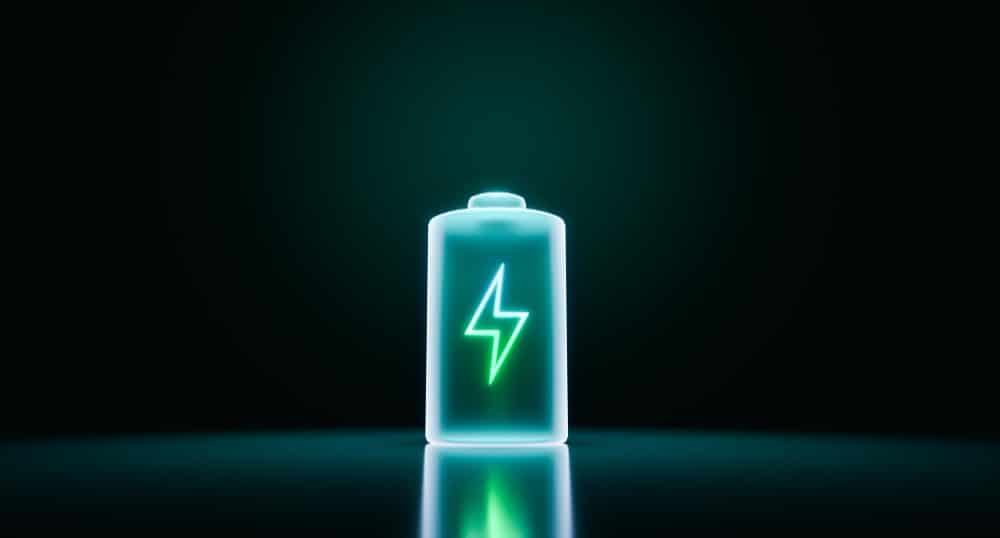
Lithium-ion batteries are a type of rechargeable battery that have become increasingly popular in recent years due to their high energy density and ability to be recharged multiple times. These batteries are commonly used in portable electronic devices such as smartphones and laptop computers, as well as in electric vehicles and other applications where a lightweight, high-capacity power source is needed.
Lithium-ion batteries are made up of a cathode, an anode, and an electrolyte. The cathode is typically made of lithium cobalt oxide, while the anode is typically made of carbon. When the battery is charged, lithium ions move from the cathode to the anode, and when the battery is discharged, the ions move back to the cathode. This movement of ions is what generates electricity.
One of the key advantages of lithium-ion batteries is their high energy density, which means that they can store a large amount of energy in a relatively small space. This makes them ideal for use in portable electronic devices, where size and weight are important considerations. In addition, lithium-ion batteries are able to be recharged multiple times without losing their ability to hold a charge, which makes them more environmentally friendly than disposable batteries.
Despite their many advantages, lithium-ion batteries do have some limitations. For example, they can be prone to overheating if they are charged too quickly, or if they are subjected to high temperatures. This can cause the battery to degrade over time, or in some cases, even to catch fire. To prevent this, lithium-ion batteries are typically equipped with safety features such as temperature sensors and overcharge protection circuits.
In conclusion, lithium-ion batteries are a valuable technology that has helped to power the portable electronic devices that have become an integral part of our daily lives. Despite their limitations, these batteries offer a high energy density and the ability to be recharged multiple times, making them a popular choice for a wide range of applications.


Great reminder about the potential risks of Lithium-ion batteries, thanks for sharing this info.
We’re glad you found the information informative, Irfan! To further prevent overheating and ensure your Lithium-ion batteries last longer, remember to store them in a cool, dry place, always charge them properly, and avoid overcharging. If you have any specific concerns or questions, our team at Wire and Wheels ([email protected], +60 3-7890 3042) can provide you with more tailored advice.
This is an eye-opener for me, didn’t realize Lithium-ion batteries had such limitations, thanks for sharing your knowledge!
We’re glad you found the information helpful, Khadijah! Proper maintenance is indeed crucial for Lithium-ion batteries to ensure they last and perform well. If you have any more questions or concerns, feel free to reach out to us at [email protected] or call us at +60 3-7890 3042. We’re here to help!
I completely agree with this summary, Lithium-ion batteries are a big part of our modern lives but also pose a big risk if not handled properly.
Thank you, Asha for sharing your view. We at Eko Life Malaysia take the proper maintenance of Lithium-ion batteries seriously, and offer professional servicing to ensure their longevity. If you have any further concerns or questions, please don’t hesitate to contact us at [email protected] or call +60 3-7890 3042. We’re here to help.